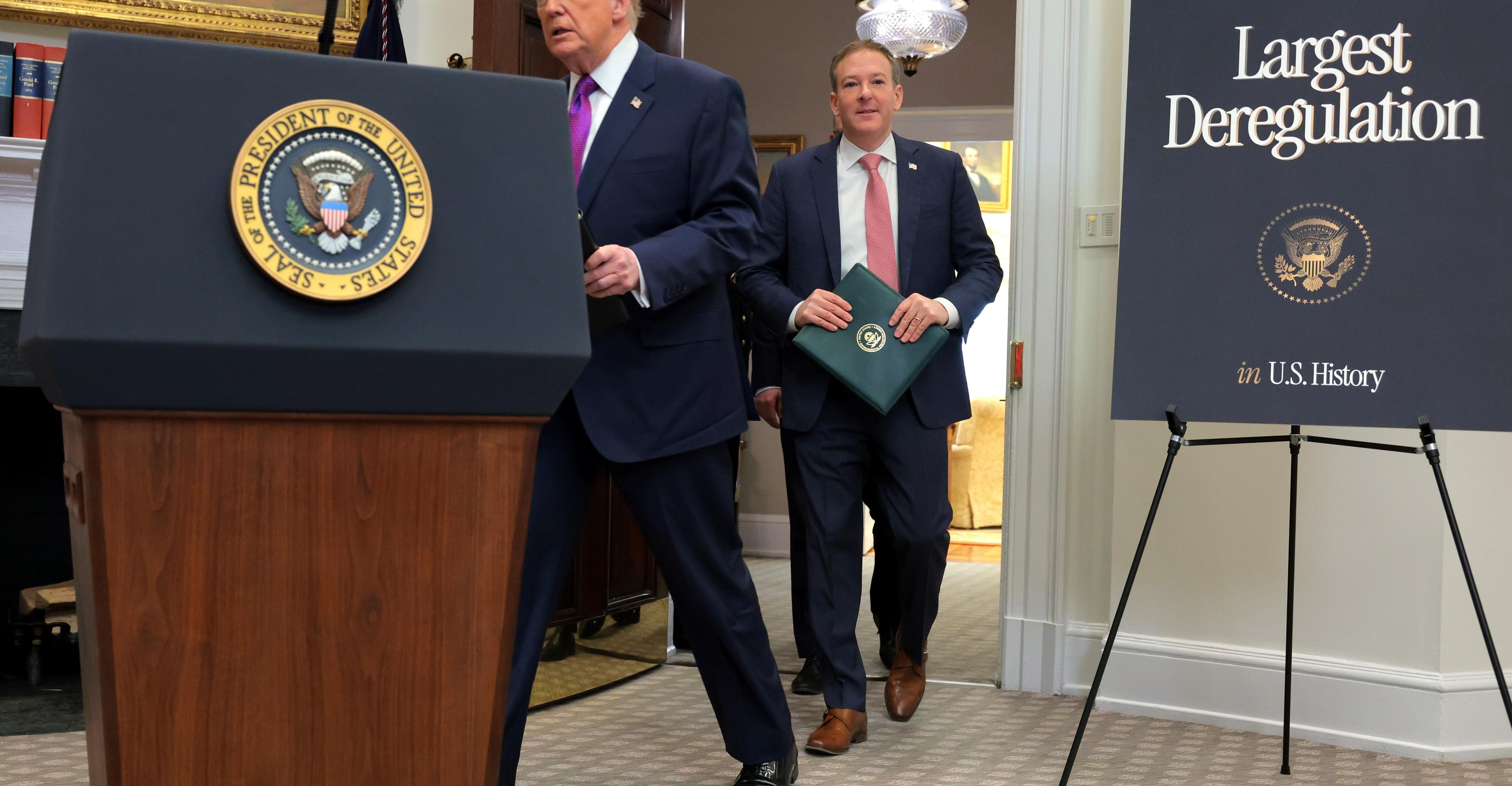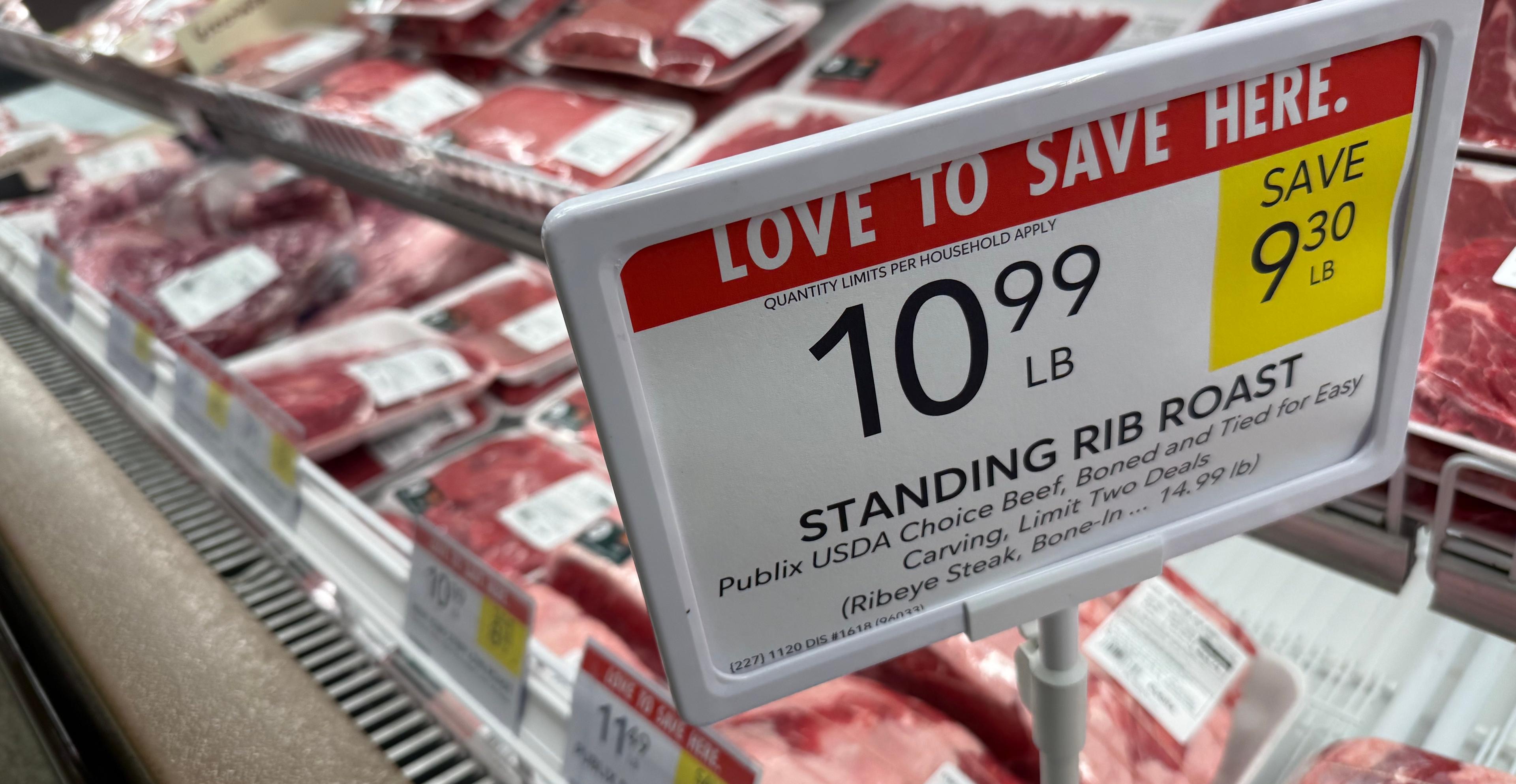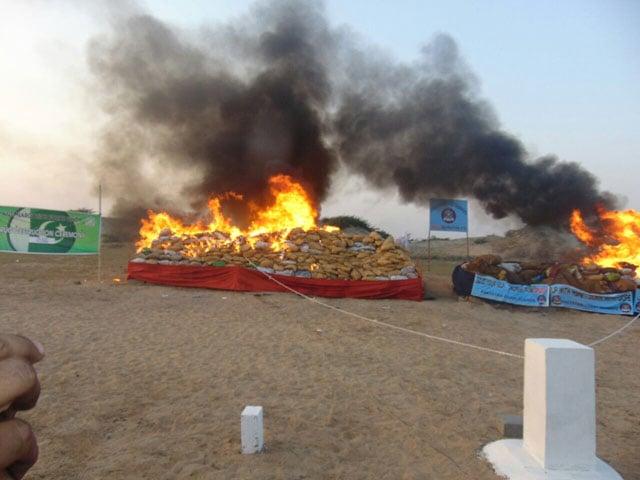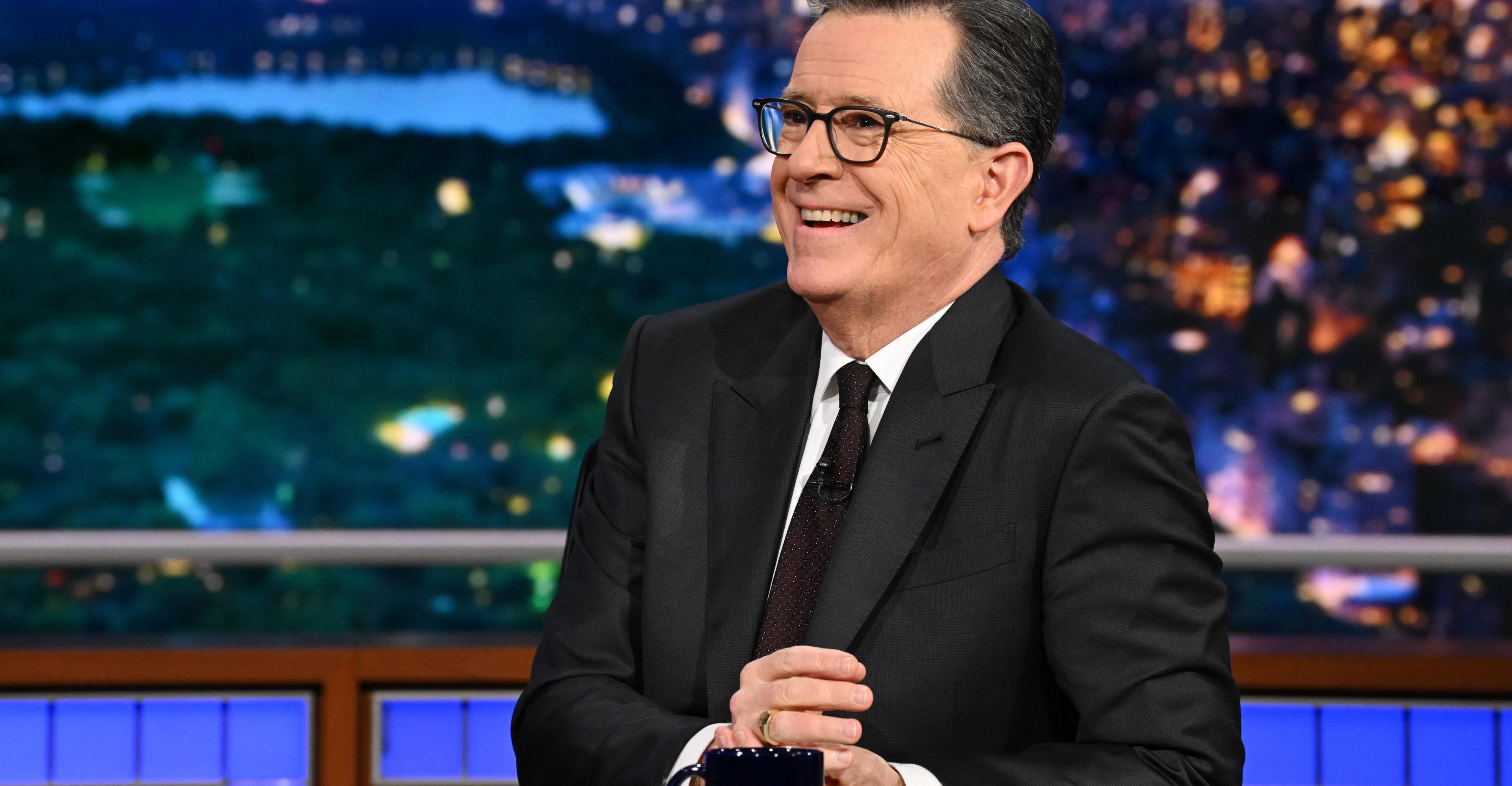This persistent inflation is challenging the government's efforts to control price pressures and stabilize the declining rupee, as reforms tied to an IMF loan complicate the economic landscape.


Karachi: Pakistan's inflation rate for August remained high at 27.4 percent, surpassing the target, according to recent data.
This persistent inflation is challenging the government's efforts to control price pressures and stabilize the declining rupee, as reforms tied to an IMF loan complicate the economic landscape.
The country, under a caretaker government, is navigating a challenging path to economic recovery after securing a $3 billion loan program from the International Monetary Fund (IMF) in July, which prevented a sovereign debt default.
Reforms associated with the IMF bailout, including the relaxation of import restrictions and the removal of subsidies, have already driven annual inflation to a record high of 38.0% in May. Interest rates have also risen, and the rupee has hit all-time lows, falling by 6.2% last month.
Data released for August by Pakistan's statistics bureau showed a slight moderation from July's 28.3% inflation rate, but food inflation remained significantly high at 38.5%.
Furthermore, authorities raised petrol and diesel prices to record levels on Friday, adding to the economic challenges faced by ordinary Pakistanis. The deteriorating economic conditions, coupled with escalating political tensions ahead of the scheduled national election in November, have sparked sporadic protests.
Many ordinary Pakistanis are finding it increasingly difficult to make ends meet. Waseem Ahmed, a bank employee in Islamabad, expressed the struggles faced by the middle class, saying, "More than 60 to 70 percent of my salary is spent on bills and petrol. Where will we get basic staples from? This is why people are contemplating suicide."
Mohammed Sohail, CEO of Topline Securities, a brokerage firm in Karachi, noted that August's inflation figure was in line with expectations. However, due to the depreciating rupee and rising energy prices, he added that "we may not see a significant decline in year-on-year inflation as previously anticipated."
This observation referred to the government's projections of inflation falling to 22% by the end of the fiscal year, which runs until June 31. Pakistan's central bank, in its last monetary policy statement in July, also expected inflation to follow a downward trajectory over the next 12 months, while keeping benchmark interest rates at 22%.

A powerful tool of resistance is already in your hands
- 15 گھنٹے قبل
Taylor Swift named best-selling artist of the year for sixth time
- 4 گھنٹے قبل
5G spectrum auction to be held on 10th of next month: Chairman PTA
- 5 گھنٹے قبل

In the fight against climate change, Trump sides with climate change
- 13 گھنٹے قبل

Why voters hate Trump’s (pretty decent) economy
- 13 گھنٹے قبل
Pakistan issues demarche to Kabul over use of Afghan soil in Bajaur attack
- 5 گھنٹے قبل
King Charles’ brother Andrew arrested on suspicion of misconduct in public office: BBC
- 4 گھنٹے قبل

ANF burns 18 tonnes narcotics, 169,000 litres liquor during annual drug burning exercise in Sheikhupura
- 7 گھنٹے قبل

The Trump threat looming over late-night TV, briefly explained
- 13 گھنٹے قبل
West Indies ease past Italy to tune up for T20 Super Eights
- 5 گھنٹے قبل

The real reasons people love playing games
- 13 گھنٹے قبل

How much did gold and silver prices gain in Pakistan today?
- 5 گھنٹے قبل











